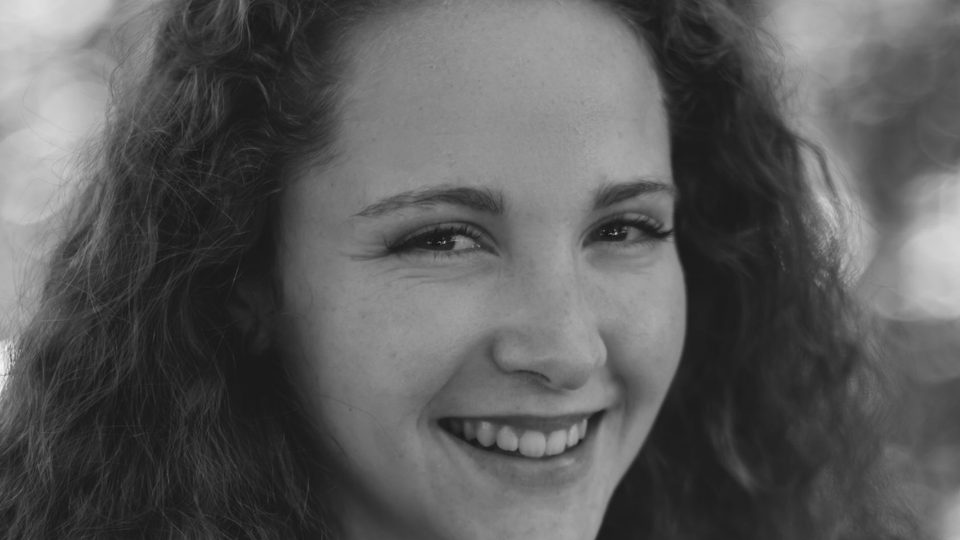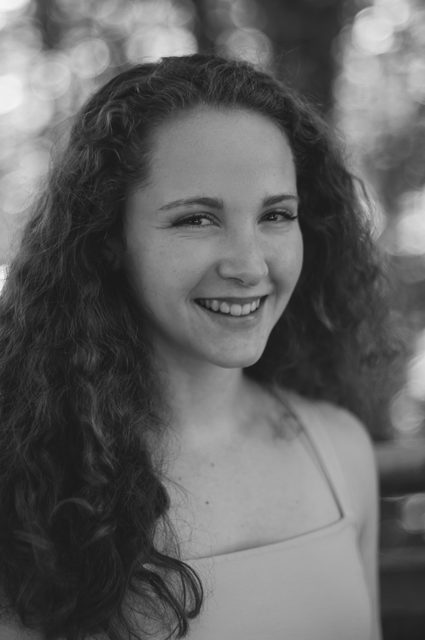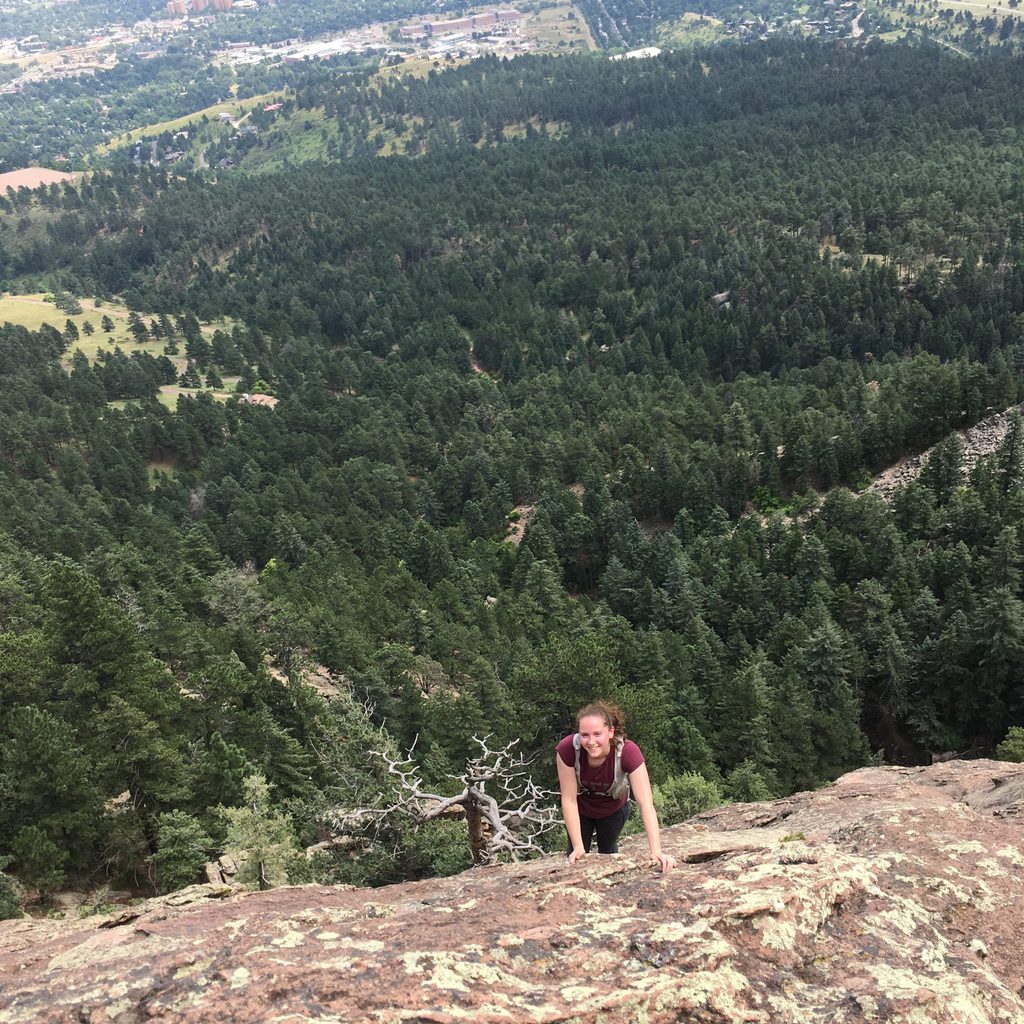Comps Insider: Camille Jonlin ’19
A sociology/anthropology major and Russian minor from Seattle, Jonlin tells us about her senior capstone experience, or “Comps.”


Camille Jonlin ’19 works at the Carleton rock climbing wall, is the founder and president of Carleton Gymnastics Club, and serves as a program director for the Food Recovery Network—a program that aims to reduce food waste from Carleton dining halls and eliminate food insecurity in the Northfield community. Camille also enjoys dancing with Carleton’s Experimental Dance Board, studying languages, and playing piano and singing.
We recently spoke to Jonlin about her Comps project, which focuses on how time is constructed.
What is the title of your Comps?
Time in Loops and Lines: The Social Construction of Time
What is your Comps topic?
For my Comps project I am investigating the social construction of time. What is time and how do people perceive and experience it over the course of a lifetime? I am interested in the pace, speed and rhythm of time as people progress from childhood to adulthood to old age, as well as when time appears to move in cycles versus moving in a linear, forward-focused timeline. I also want to find out how people think of time outside of their own lifetimes, including their thoughts on time in the current historical moment (such as the quickening and segmenting of time due to industrialization). Time has been studied in various capacities by many social theorists, but what sets my project apart is the focus on experience of time (rather than what people do in their time) and how this experience changes as a person grows older.
Why did you choose your Comps topic?
I have been curious about time since middle school when I realized I have a unique personal visualization of time – in my mind, I see a linear timeline stretching from right to left in which the current day, where I am located, always sits at the center of the timeline. I also chose to study time because I have always liked to ask big questions of how everything fits together, and understanding time is the ultimate intellectual endeavor because time affects and is affected by every person, geographical location and social phenomenon.
What was the most interesting article or piece of information that you found while researching your Comps?
When I asked interviewees what advice they would give to a younger person about time, the most common response was, “Don’t worry too much about it. Live in the moment. I spent too much time thinking about what I had to do for my future and didn’t appreciate the here-now.”
What is your Comps process like?
Over the summer, I conducted 15 in-depth interviews with people over the age of 65 in Boulder, Colorado. I then transcribed every interview and reviewed pertinent sociological and anthropological literature, and I am now in the process of analyzing results by searching through the transcriptions for patterns and themes. I will continue analyzing themes, researching time in social theory and writing up my findings until I turn in my Comps in March 2019.
Why do you think it is valuable for you to write a Comps?
My Comps project has been the most thought-provoking, motivating and personal-growth-inducing project I’ve ever had the opportunity to conduct. Comps provides an amazing opportunity for intellectual pursuit by allowing me the freedom to deeply follow an academic passion and complete all stages of a large research project on my own time and in my own way, with help from my wonderful SOAN professors. My Comps is perfect for me for four reasons. First, my Comps caused me to become less worried and stressed about my future and more appreciative of the friends and opportunities I have right now. Second, it gave me the chance to become friends with over a dozen older people, bridging the frustrating generational divide and learning from people who have much more life experience than I. Third, I discovered the deep extent of my love of learning and am now convinced that I’d like to go to graduate school some time down the road. Finally, I learned about who I am as a person and my goals for a future self.
Will you expand on your Comps in any way?
The question of what time is and how it is experienced over the course of a lifetime is a question I will carry with me for many years. Comps is a small project, especially for a question as broad as mine, so I hope to continue studying time as it is socially experienced wherever I end up after Carleton. I’d like to study people’s relationship to time in other cultures, nationalities and geographic settings, through the lens of different languages. If I don’t find the opportunity to do so academically, I will certainly study time for the sake of my own passion and yearning for knowledge.
